Home> Company News> Martin Short Scale Acoustic Guitars: Perfect for Travel and Performance
- AddressShan Dong Province Weifang City
- Factory AddressShan Dong Province Weifang City
- Worktime9:00am~6:00pm
- Phone(Working Time)+8613305315989
- Phone(Nonworking Time)+8613305315989
Martin Short Scale Acoustic Guitars: Perfect for Travel and Performance
2023-05-06 14:34:42Martin short scale acoustic guitars are a popular option for guitarists who prefer a smaller instrument without sacrificing sound quality. These guitars have a scale length of less than 25 inches, which means the frets are closer together than on a standard guitar. Short scale guitars are known for their ease of playability and unique tonal characteristics.
One of the advantages of short scale guitars is that they require less tension on the strings to produce a note, which can make them easier to play for beginners or guitarists with smaller hands. The shorter distance between frets also means that notes require less stretching, making it easier to play chords and move around the fretboard.
Martin short scale acoustic guitars are renowned for their high-quality materials and construction, resulting in a rich, balanced sound. The combination of a shorter scale length and a well-crafted body can produce a warm and nuanced tone that is well-suited to various music styles.
In the following sections, we will delve deeper into the features, pros and cons, uses, maintenance, and buying guide for Martin short scale acoustic guitars. By the end of this article, you'll have a better understanding of these guitars and why they may be a great option for your playing style and preferences.
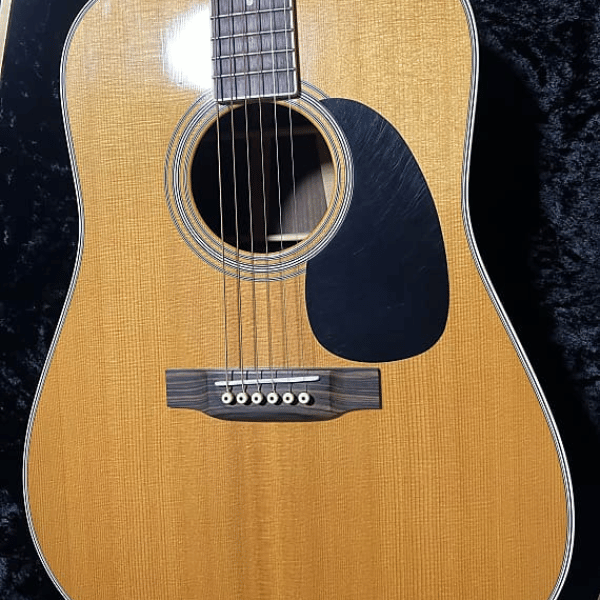
Features of Martin Short Scale Acoustic Guitars
Martin short scale acoustic guitars come in various models, each with its unique features and specifications. Here are some of the essential features that make these guitars stand out:
-
Scale Length: Martin short scale acoustic guitars have a scale length of less than 25 inches, which is shorter than the standard 25.5 inches found on most acoustic guitars. This shorter scale length reduces the tension on the strings, making the guitar easier to play.
-
Body Shape and Size: The Martin short scale acoustic guitar models come in different body shapes and sizes, such as dreadnought, auditorium, and concert. The smaller size of these guitars makes them more comfortable to play, especially for smaller guitarists or those with smaller hands.
-
Wood: Martin guitars are known for their high-quality tonewoods, which contribute to the instrument's overall sound. Martin short scale acoustic guitars use premium tonewoods such as mahogany, spruce, and rosewood, which provide a rich, warm, and balanced sound.
-
Neck Profile: The neck profile of a guitar affects how comfortable it is to play. Martin short scale acoustic guitars typically have a "modified low oval" neck shape, which provides a comfortable grip for the hand.
-
Fretboard: Martin short scale acoustic guitars usually feature an ebony fretboard, which is durable and produces a bright, articulate sound.
-
Bridge and Saddle: The bridge and saddle of a guitar affect the tone and sustain. Martin short scale acoustic guitars have a bone saddle and bridge, which contribute to the guitar's excellent resonance and sustain.
-
Tuning Machines: Martin short scale acoustic guitars come with high-quality tuning machines that make tuning easy and precise.
Overall, Martin short scale acoustic guitars are known for their exceptional craftsmanship, quality tonewoods, and attention to detail. The combination of these features contributes to a beautiful sound and a comfortable playing experience.
Pros and Cons of Martin Short Scale Acoustic Guitars
As with any musical instrument, Martin short scale acoustic guitars have their advantages and disadvantages. Here are some of the pros and cons to consider when deciding if a short scale guitar is right for you:
Pros:
-
Ease of Playability: The shorter scale length of Martin short scale acoustic guitars means that the strings require less tension to produce a note, making them easier to play for beginners and guitarists with smaller hands.
-
Comfortable Size: The smaller size of short scale guitars makes them more comfortable to hold and play for extended periods, which can be beneficial for younger players or those with smaller frames.
-
Unique Sound: Martin short scale acoustic guitars have a unique tonal character, which can be warm and balanced, making them a great option for various music genres such as blues, folk, and fingerstyle.
-
Portability: The smaller size of short scale guitars makes them more portable, making them a great option for traveling musicians or those who need to transport their instrument frequently.
Cons:
-
Limited Tonality: Short scale guitars may have a more limited tonality than full-size guitars, especially when it comes to bass response and projection.
-
Fewer Fret Spaces: The shorter scale length of Martin short scale acoustic guitars means that there are fewer fret spaces, which can make playing some chords and notes challenging for experienced players who are used to full-size guitars.
-
Limited Availability: Short scale guitars are less common than full-size guitars, and not all music stores may carry them, which can make it harder to try them out before purchasing.
-
Limited Availability of Strings: Short scale guitars require specific string gauges, which may not be as readily available as standard gauges, making it harder to find replacement strings.
Overall, Martin short scale acoustic guitars offer a unique playing experience, making them a great option for those who prefer a smaller instrument with a warm and nuanced sound. However, they may not be the best choice for those who need a wider range of tonality or require a full-size instrument for their playing style.
Uses for Martin Short Scale Acoustic Guitars
Martin short scale acoustic guitars are versatile instruments that can be used in various settings and situations. Here are some of the common uses for short scale guitars:
-
Traveling: The smaller size of Martin short scale acoustic guitars makes them an excellent option for traveling musicians or those who need a portable instrument. Short scale guitars are easy to pack, and some models come with a gig bag or hard case for added protection.
-
Recording: Short scale guitars are often used in recording studios due to their unique tonal characteristics. The warm and balanced sound of a Martin short scale acoustic guitar can add depth and richness to recordings, making them a great option for singer-songwriters or acoustic bands.
-
Live Performances: Martin short scale acoustic guitars can be used in live performances, especially in intimate settings such as coffee shops, small venues, and house concerts. Their warm and nuanced sound can create an intimate atmosphere and engage the audience.
-
Fingerstyle Playing: Martin short scale acoustic guitars are well-suited for fingerstyle playing due to their smaller size and reduced string tension. The shorter scale length also means that fingerstyle players can execute complex chord voicings and intricate melodies more easily.
-
Folk and Blues Music: Short scale guitars are a popular choice for folk and blues guitarists due to their warm, balanced sound and ease of playability. Many iconic musicians, such as Lead Belly and Woody Guthrie, used short scale guitars to play their music.
-
Youth Players: Martin short scale acoustic guitars can be a great option for younger players or those with smaller hands who may find a full-size guitar uncomfortable or challenging to play. Short scale guitars can help young players develop their technique and musicality without being hindered by the size of the instrument.
In summary, Martin short scale acoustic guitars can be used in various settings and situations, making them a versatile instrument for musicians of different skill levels and playing styles. Their unique tonal character and ease of playability make them a great option for recording, live performances, fingerstyle playing, folk and blues music, and youth players.
Maintenance and Care for Martin Short Scale Acoustic Guitars
Proper care and maintenance of your Martin short scale acoustic guitar can ensure that it stays in top condition and sounds great for years to come. Here are some tips for cleaning, storage, and string replacement:
-
Cleaning: Regularly cleaning your guitar can prevent dirt and grime buildup that can damage the finish or affect the sound. Use a soft, lint-free cloth to wipe down the body, neck, and fretboard after each use. Avoid using harsh chemicals or abrasive materials that can scratch the finish or damage the wood.
-
Storage: Proper storage of your guitar can prevent damage and maintain its sound quality. Store your Martin short scale acoustic guitar in a cool, dry place, away from direct sunlight, humidity, and extreme temperatures. Consider using a guitar stand, wall mount, or case to protect it from accidental bumps or falls.
-
String Replacement: Short scale guitars require specific string gauges to produce the best sound and playability. When it's time to replace your guitar strings, choose strings that are designed for short scale guitars, and follow the manufacturer's recommendations for string gauge and tension. If you're not confident in changing strings yourself, take your guitar to a professional guitar technician for a restring.
-
Humidification: Short scale guitars, like any other acoustic guitars, can be affected by changes in humidity. Excessive humidity can cause the wood to swell and distort, while low humidity can cause the wood to dry out and crack. Consider using a guitar humidifier to regulate the humidity levels in your guitar's case or storage area.
-
Professional Maintenance: Regular professional maintenance can ensure that your Martin short scale acoustic guitar stays in top condition. Consider taking your guitar to a professional guitar technician for routine maintenance, such as neck adjustments, fret polishing, and bridge saddle adjustments. A professional technician can also inspect your guitar for any damage or wear and tear that may need repair.
In summary, proper care and maintenance of your Martin short scale acoustic guitar can ensure that it sounds great and stays in top condition for years to come. Regular cleaning, proper storage, string replacement, humidification, and professional maintenance can help you get the most out of your guitar.
Buying Guide for Martin Short Scale Acoustic Guitars
If you're in the market for a Martin short scale acoustic guitar, here are some factors to consider when choosing the right guitar for your needs:
-
Budget: Martin short scale acoustic guitars range in price from several hundred to several thousand dollars. Determine your budget before shopping and consider what features are most important to you.
-
Body Shape and Size: Short scale guitars come in various body shapes and sizes, such as dreadnought, auditorium, and concert. Choose a body shape and size that feels comfortable to play and suits your playing style.
-
Tonewood: The tonewood of a guitar affects its overall sound. Martin short scale acoustic guitars use premium tonewoods such as mahogany, spruce, and rosewood, each of which produces a unique tone.
-
Electronics: If you plan on performing or recording with your guitar, consider getting a model with built-in electronics. These allow you to plug your guitar into an amplifier or sound system for amplification and recording.
-
Neck Profile: The neck profile affects how comfortable the guitar is to play. Martin short scale acoustic guitars typically have a "modified low oval" neck shape, which provides a comfortable grip for the hand.
-
Fretboard: The fretboard affects the guitar's playability and sound. Martin short scale acoustic guitars typically feature an ebony fretboard, which is durable and produces a bright, articulate sound.
-
Tuning Machines: High-quality tuning machines make tuning easy and precise. Martin short scale acoustic guitars typically come with high-quality tuning machines that hold tune well.
-
Intended Use: Consider how you plan on using your guitar, whether it's for recording, performing, or casual playing. The intended use can affect which features are most important to you.
-
Skill Level: Your skill level can also affect which Martin short scale acoustic guitar is right for you. Beginner guitarists may prefer a model with a smaller body and lower price point, while more experienced guitarists may prefer a model with more advanced features and a higher price point.
Overall, when choosing a Martin short scale acoustic guitar, consider your budget, body shape and size, tonewood, electronics, neck profile, fretboard, tuning machines, intended use, and skill level. By considering these factors, you can find the right guitar that suits your playing style and preferences.
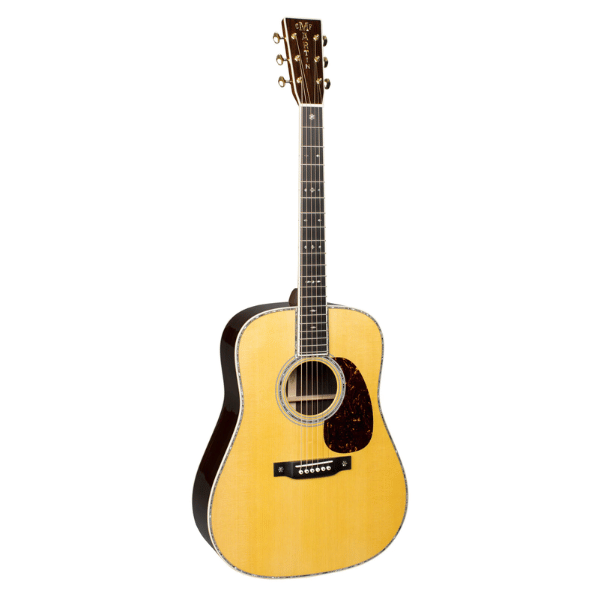
Conclusion
Martin short scale acoustic guitars offer a unique playing experience that is well-suited to various music genres and playing styles. Their smaller size and reduced string tension make them more comfortable to play and easier to learn for beginners and players with smaller hands. The warm and nuanced sound of these guitars is ideal for fingerstyle playing, folk, and blues music, as well as recording and live performances.
When choosing a Martin short scale acoustic guitar, consider factors such as your budget, body shape and size, tonewood, electronics, neck profile, fretboard, tuning machines, intended use, and skill level. Proper care and maintenance can ensure that your guitar stays in top condition and sounds great for years to come.
Whether you're a beginner or an experienced player, a Martin short scale acoustic guitar can be an excellent investment for your musical journey. We hope this article has provided you with valuable information about Martin short scale acoustic guitars and helped you make an informed decision about which guitar is right for you.
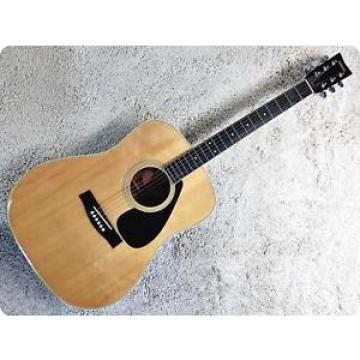 YAMAHA martin guitar strings acoustic medium FG-201B martin guitar accessories Japan martin Vintage acoustic guitar strings martin Acoustic martin acoustic guitars Guitar AG40 W40 GA057 RARE
YAMAHA martin guitar strings acoustic medium FG-201B martin guitar accessories Japan martin Vintage acoustic guitar strings martin Acoustic martin acoustic guitars Guitar AG40 W40 GA057 RARE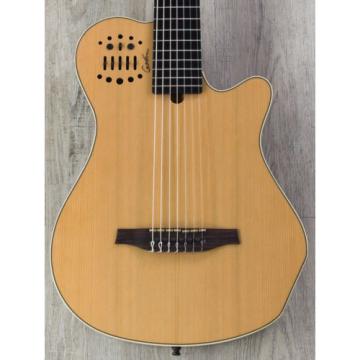 Godin acoustic guitar martin MultiAc martin guitar accessories Grand dreadnought acoustic guitar Concert martin guitar strings 7 martin d45 SA Acoustic-Electric 7-String Guitar, Natural
Godin acoustic guitar martin MultiAc martin guitar accessories Grand dreadnought acoustic guitar Concert martin guitar strings 7 martin d45 SA Acoustic-Electric 7-String Guitar, Natural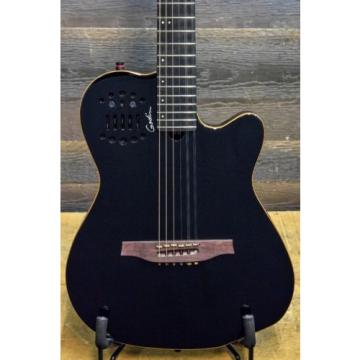 Godin acoustic guitar martin A10 guitar strings martin Black martin guitar accessories Steel martin d45 HG martin guitar strings acoustic medium "SF" 10-String SA El.-Acoustic Guitar w/ Bag #13342127
Godin acoustic guitar martin A10 guitar strings martin Black martin guitar accessories Steel martin d45 HG martin guitar strings acoustic medium "SF" 10-String SA El.-Acoustic Guitar w/ Bag #13342127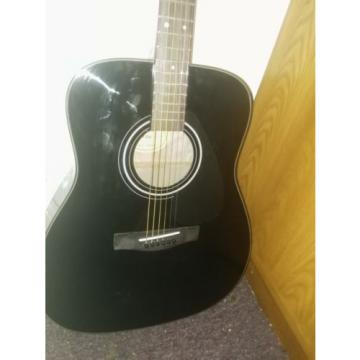 Yamaha martin d45 Acoustic martin guitar strings acoustic medium Guitar acoustic guitar martin martin guitars martin acoustic guitars
Yamaha martin d45 Acoustic martin guitar strings acoustic medium Guitar acoustic guitar martin martin guitars martin acoustic guitars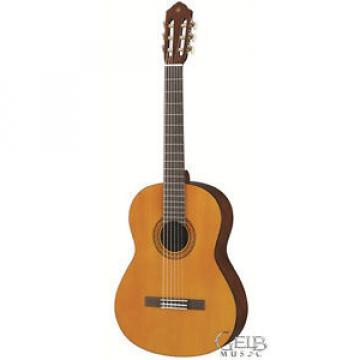 Yamaha acoustic guitar strings martin C40II martin d45 Classical martin guitar strings acoustic medium Acoustic martin acoustic strings Guitar dreadnought acoustic guitar - C40II
Yamaha acoustic guitar strings martin C40II martin d45 Classical martin guitar strings acoustic medium Acoustic martin acoustic strings Guitar dreadnought acoustic guitar - C40II
